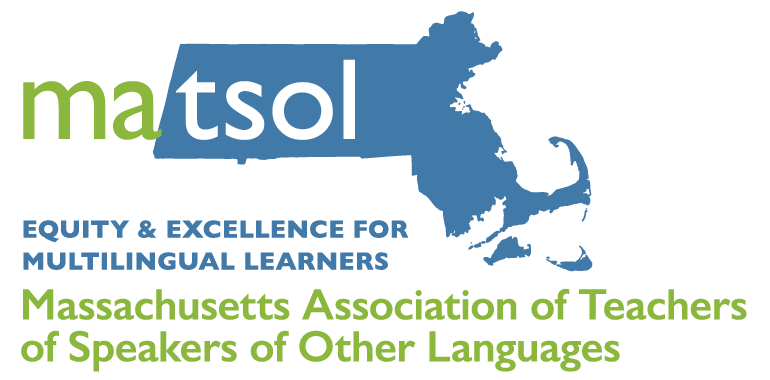Two-Day Institute
SLIFE Institute I
Culturally Responsive Teaching in Massachusetts: Adolescent and Adult English Language Learners with Limited or Interrupted Formal Education (SLIFE)
Presented by Andrea DeCapua, Ed.D. & Helaine W. Marshall, Ph.D.
This institute has been presented three times by MATSOL:
- November 24-25, 2013, Leominster MA
- April 24-25, 2014, Leominster MA (rescheduled from February due to snow)
- April 16-17, 2015, Leominster MA
- Also scheduled for December 3-4, 2015, Leominster MA
Overview
Through the lens of culturally responsive teaching, we will examine the world of Students with Limited or Interrupted Formal Education (SLIFE) and develop the knowledge and skills essential to successful instruction for this at-risk population. The institute provides a theoretical framework, instructional guidelines, classroom activities, and assessment rubrics. Using the presenter’s original materials, you will create dynamic, customized projects for your students. Participants will receive 15 PDPs by attending both dates and completing a project.
In this workshop, participants will:
- identify key characteristics and essential needs of SLIFE, as well as examine elements of culturally responsive teaching for SLIFE.
- plan instruction based on the Mutually Adaptive Learning Paradigm (MALP), designed to transition SLIFE to the demands of formal education.
- analyze and create projects, such as theme booklets and concept posters, guided by the MALP Teacher Planning Checklist.
- practice strategies for scaffolding of academic ways of thinking and responding, both orally and in writing.
- use MALP assessment rubrics to evaluate the learning environment and instructional delivery.
Presenters
Andrea DeCapua, Ed.D. Educational consultant, researcher, and adjunct faculty at New York University.
Helaine W. Marshall, Ph.D. Associate professor and director of language education programs at Long Island University–Hudson.
Recognized national experts on students with limited or interrupted formal education (SLIFE), Helaine and Andrea have published and presented extensively on this population of language learners. Their workshops are designed to help teachers develop the strategies to address the very specific needs of these students to transition them to classroom success.
Audience
Administrators, program directors, educators, and school counselors in districts and adult and community programs serving students with limited or interrupted formal education.
Students with Limited or Interrupted Formal Education (SLIFE) are English language learners who have experienced interrupted education due to war, civil unrest, migration, or other factors; who have never had the opportunity to participate in any type of schooling before entering school in the United States; or who have experienced limited education in their home countries due to lack of resources or trained teachers, the type of schooling they participated in, or other circumstances. (DeCapua & Marshall, 2010)
|
